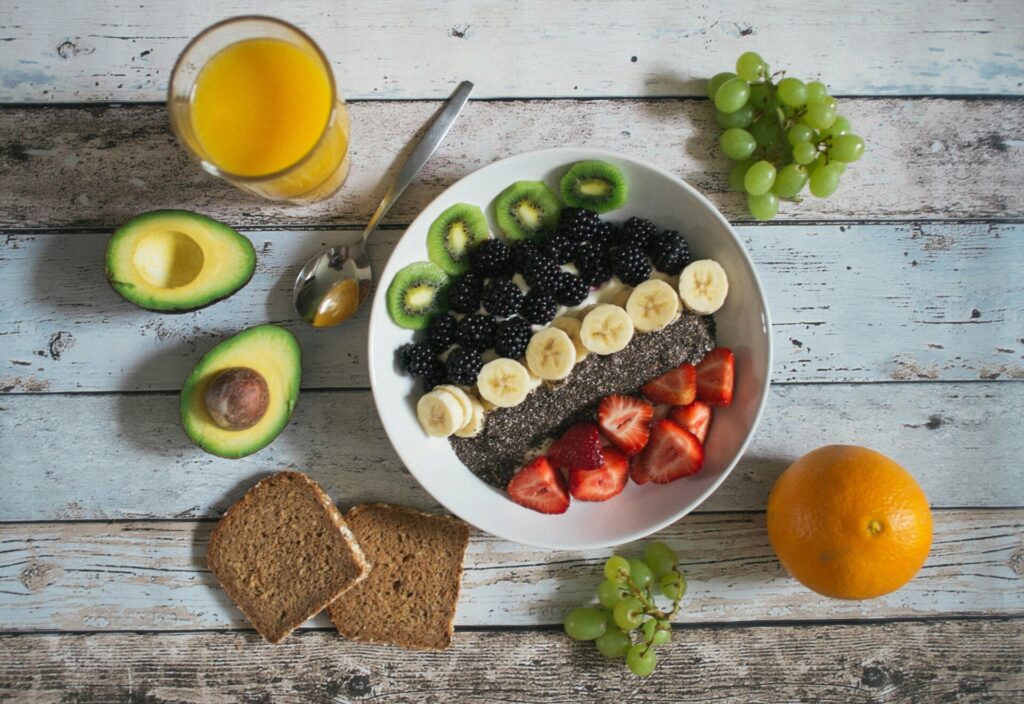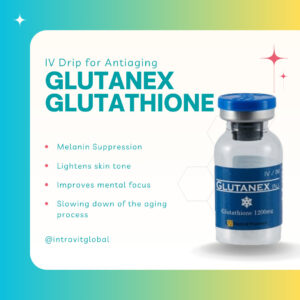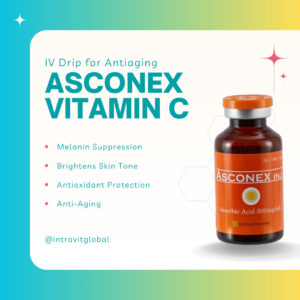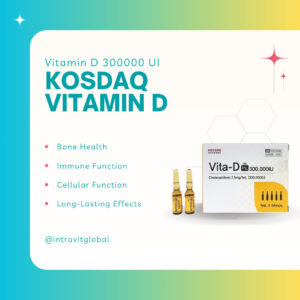The 22 Best Anti-Inflammatory Foods to Incorporate into Your Diet
Table of Contents

Introduction
Inflammation is a natural process that helps the body heal and protect itself from harm. However, when inflammation becomes chronic, it can lead to various health issues such as heart disease, arthritis, and even certain cancers. One of the most effective ways to combat chronic inflammation is through your diet. By incorporating anti-inflammatory foods into your daily meals, you can help reduce inflammation and promote overall health. Here are the 22 best anti-inflammatory foods that you should start adding to your diet today.
What is Inflammation?
Inflammation is the body’s natural response to injury, infection, or harmful stimuli. It can be classified into two types: acute and chronic. Acute inflammation is short-term and often beneficial, as it helps the body heal. Chronic inflammation, on the other hand, is long-lasting and can contribute to the development of various diseases. Diet plays a significant role in either exacerbating or reducing inflammation in the body.
Why Incorporate Anti-Inflammatory Foods?
Incorporating anti-inflammatory foods into your diet offers numerous benefits. These foods help reduce the risk of chronic diseases, improve immune function, and enhance overall well-being. By focusing on a diet rich in anti-inflammatory nutrients, you can support your body’s natural defenses and maintain optimal health.
Top 22 Anti-Inflammatory Foods
To help you get started on your anti-inflammatory journey, here’s a list of 22 foods that are known for their inflammation-fighting properties. These foods are packed with nutrients that help reduce inflammation and support overall health.
1. Turmeric
Turmeric is a powerful spice that contains curcumin, a compound with strong anti-inflammatory properties. It’s widely used in traditional medicine to treat various ailments. To incorporate turmeric into your diet, try adding it to soups, stews, or smoothies. You can also use it as a seasoning for roasted vegetables or meats.
2. Berries
Berries like blueberries, strawberries, and raspberries are rich in antioxidants called anthocyanins, which have been shown to reduce inflammation. These delicious fruits can be enjoyed fresh, in smoothies, or as a topping for yogurt and cereals.
3. Fatty Fish
Fatty fish such as salmon, mackerel, and sardines are high in omega-3 fatty acids, which are known to reduce inflammation in the body. Aim to include fatty fish in your diet at least twice a week for optimal benefits.
4. Leafy Greens
Leafy greens like spinach, kale, and Swiss chard are loaded with vitamins, minerals, and antioxidants that help fight inflammation. These greens are versatile and can be used in salads, smoothies, or as a side dish to your main meal.
5. Olive Oil
Olive oil, particularly extra virgin olive oil, is rich in oleocanthal, a compound with anti-inflammatory properties similar to ibuprofen. Use olive oil as a salad dressing, for sautéing vegetables, or as a finishing touch to your dishes.
6. Nuts and Seeds
Nuts and seeds, such as almonds, walnuts, chia seeds, and flaxseeds, are excellent sources of healthy fats, protein, and antioxidants. These nutrients help reduce inflammation and support heart health. Enjoy nuts and seeds as a snack or add them to your salads, yogurt, or oatmeal.
7. Ginger
Ginger contains gingerol, a bioactive compound known for its anti-inflammatory and antioxidant effects. You can use fresh ginger in teas, smoothies, or as a spice in various dishes to add a zesty flavor and boost your health.
8. Tomatoes
Tomatoes are rich in lycopene, an antioxidant with strong anti-inflammatory properties. Cooking tomatoes increases their lycopene content, so enjoy them in sauces, soups, or grilled as part of your meals.
9. Garlic
Garlic is well-known for its immune-boosting and anti-inflammatory properties, thanks to the compound allicin. To maximize its benefits, use fresh garlic in your cooking. It can be added to almost any savory dish, from soups to stir-fries.
10. Green Tea
Green tea is packed with catechins, particularly epigallocatechin gallate (EGCG), which has powerful anti-inflammatory effects. Drinking green tea daily can help reduce inflammation and improve overall health. Enjoy it hot or cold, with a squeeze of lemon for added flavor.
11. Bell Peppers
Bell peppers, especially red ones, are high in vitamin C and antioxidants that help reduce inflammation. They’re great in salads, stir-fries, or simply as a crunchy snack.
12. Avocados
Avocados are a great source of monounsaturated fats, which are known to reduce inflammation. They also contain vitamins E and C, both of which are potent antioxidants. Add avocados to your salads, sandwiches, or enjoy them as guacamole.
13. Broccoli
Broccoli is a cruciferous vegetable that contains sulforaphane, a compound with strong anti-inflammatory effects. To get the most out of broccoli, try steaming or lightly sautéing it to preserve its nutrients.
14. Dark Chocolate
Dark chocolate contains flavonoids, which are antioxidants that reduce inflammation. Choose dark chocolate with at least 70% cocoa content for the best benefits. Enjoy it in moderation as a treat or add it to desserts.
15. Grapes
Grapes, particularly red and black varieties, contain resveratrol, a compound that reduces inflammation. Enjoy grapes as a snack, in salads, or as part of a healthy dessert.
16. Mushrooms
Mushrooms like shiitake, maitake, and portobello are known for their anti-inflammatory properties. They are rich in antioxidants and beta-glucans, which help reduce inflammation. Add mushrooms to your soups, stir-fries, or as a meat substitute in various dishes.
17. Cherries
Cherries, especially tart cherries, are rich in anthocyanins, which have been shown to reduce inflammation and oxidative stress. Enjoy cherries fresh, in juices, or dried as a snack.
18. Beets
Beets are packed with betalains, antioxidants that help reduce inflammation. Beets can be roasted, juiced, or added to salads for a nutritious boost.
19. Pineapple
Pineapple contains bromelain, an enzyme with anti-inflammatory properties that also aids digestion. Add fresh pineapple to your smoothies, salads, or enjoy it as a sweet snack.
20. Extra Virgin Olive Oil
Extra virgin olive oil is another great source of healthy fats and anti-inflammatory compounds like oleocanthal. Use it in dressings, marinades, or for light cooking to retain its benefits.
21. Sweet Potatoes
Sweet potatoes are rich in beta-carotene, vitamins, and fiber, which help reduce inflammation. They’re delicious roasted, mashed, or added to soups and stews.
22. Whole Grains
Whole grains such as oats, brown rice, and quinoa are high in fiber and antioxidants, which can help reduce inflammation. Incorporate whole grains into your diet by choosing them over refined grains for a healthier option.
How to Incorporate These Foods Into Your Diet
Adding these anti-inflammatory foods to your diet doesn’t have to be difficult. Start by incorporating a few of them into your meals each day. For example, add berries to your breakfast, enjoy a salad with leafy greens and avocado for lunch, and include fatty fish and broccoli in your dinner. Over time, you’ll find that it becomes easier to include these foods regularly.
Conclusion
Incorporating anti-inflammatory foods into your diet is a simple and effective way to improve your health and reduce the risk of chronic diseases. The 22 foods listed above are all nutrient-rich and easy to add to your meals. By making them a regular part of your diet, you’ll be taking an important step toward better health and well-being.
In addition to incorporating anti-inflammatory foods into your diet, you can further support your health and wellness by considering high-quality vitamins and supplements. At Intravit Global, you’ll find a wide range of options designed to enhance your well-being. From Vitamins IV Drips that deliver essential nutrients directly into your bloodstream, providing immediate benefits, to Skin Care Vitamins that help maintain a youthful and vibrant complexion, and Oral Vitamins that support your overall health from the inside out, Intravit Global offers everything you need to complement your anti-inflammatory diet. Investing in these products is a great way to ensure your body is getting the support it needs to thrive.
FAQs
What are the most effective anti-inflammatory foods?
- Foods like turmeric, fatty fish, berries, and leafy greens are among the most effective at reducing inflammation.
How quickly can I see results from eating anti-inflammatory foods?
- It can vary, but some people notice improvements in inflammation-related symptoms within a few weeks.
Can anti-inflammatory foods help with weight loss?
- Yes, many anti-inflammatory foods are nutrient-dense and low in calories, which can support weight loss efforts.
Are there any side effects to eating anti-inflammatory foods?
- Generally, these foods are safe, but some people may have allergies or sensitivities to specific foods.
How often should I eat these foods to reduce inflammation?
- Aim to include a variety of anti-inflammatory foods in your diet daily for the best results.
-
Vitamin Drips
Glutanex Glutathione 1200mg IV Drip for Antiaging, Melanin Suppression, Antioxidant Skin Brightness Benefits
£20.00 – £120.00 Select options This product has multiple variants. The options may be chosen on the product pageRated 0 out of 5 -
Vitamin Drips
Asconex Vitamin C (Ascorbic Acid) IV Drip for Antiaging, Melanin Suppression, Antioxidant and Skin Brightness Benefits
£10.00 – £70.00 Select options This product has multiple variants. The options may be chosen on the product pageRated 0 out of 5 -
Vitamin Drips
Kosdaq Vitamin D 300000 IU Cholecalciferol per vial box of 10 ampoules
£20.00 – £140.00 Select options This product has multiple variants. The options may be chosen on the product pageRated 0 out of 5
Checkout our Facebook Page and leave your review about our Health Care Products.






